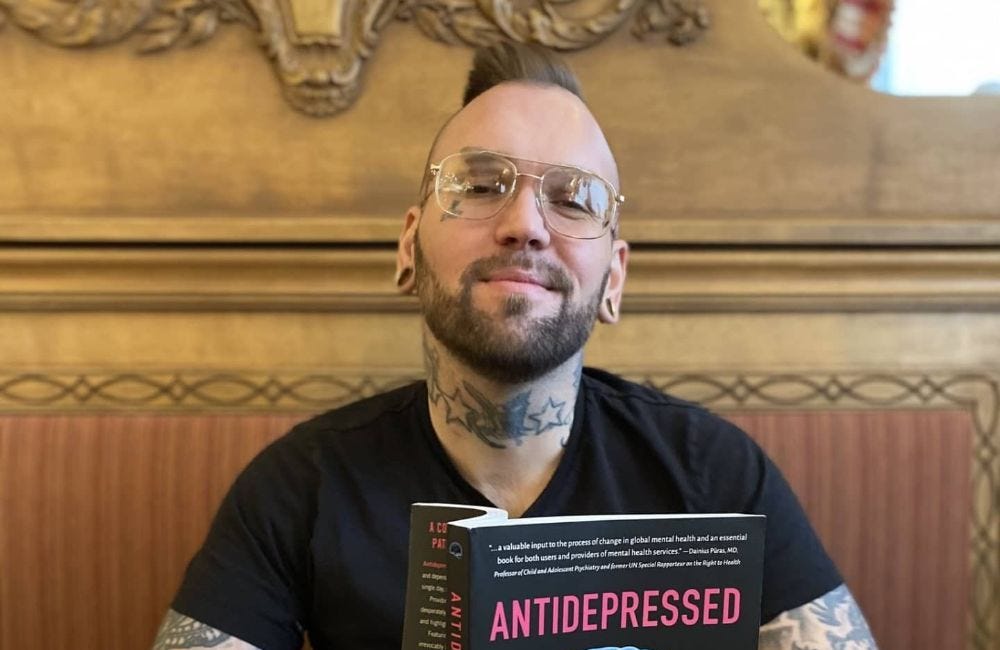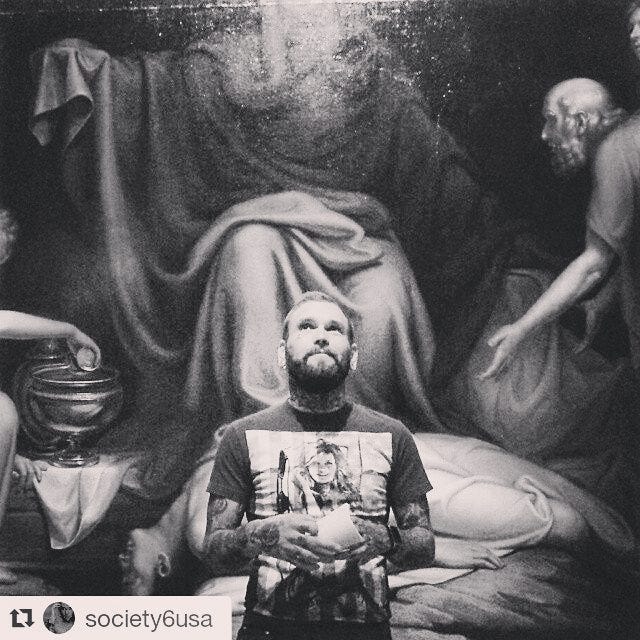Whatever Happened to Sin? Why Our Society Lost Its Moral Compass
By Daniel Brummitt
We live in a world where right and wrong seem increasingly blurry. People still have a sense of morality—most know lying is bad, stealing is wrong, and kindness is good—but something foundational has shifted. The concept of sin, once central to Western culture, has faded.
Gone are the days when prayer before meals was normal, when society broadly acknowledged humanity’s moral brokenness, and when our stories and rituals pointed to a truth beyond themselves. Today, we’ve replaced sin with mistakes, guilt with self-esteem, and repentance with self-help.
What happens when a society forgets the doctrine of sin? And how should Christians respond?
1. The Disappearance of Sin from Public Life
Not long ago, Biblical ideas were the air we breathed. They shaped our laws, our holidays, and our stories. Consider:
Christmas is no longer a battleground between the sacred and the commercial; that war is over, and nothing won. The landscape is silent. The holiday, like our culture itself, has become a ghost—a hollowed-out ritual going through the motions of life after its soul has departed. The manger is empty not because Jesus was replaced, but because the entire stable has been dismantled.
Public prayer was a given; now it’s an anomaly. It requires a belief in an external Authority—a concept that is increasingly foreign. In a society that worships the sovereign Self, prayer is not offensive; it is nonsensical.
Movies and music no longer even bother to mock a Judeo-Christian framework. Mockery would require acknowledging it exists. Instead, they operate in a vacuum of pure subjectivity, where identity is self-defined, morality is a tool of power, and the only sin is claiming that a sin exists. The result isn't hostility; it's a hollow, disorienting nothingness.
The result? A society that still knows right from wrong but has lost the ultimate standard for it.
Why Does This Matter?
Without sin, wrongdoing becomes just "poor choices"—no need for redemption.
Without guilt, there’s no drive to repent—just excuses.
Without judgment, justice becomes arbitrary—based on popular opinion, not divine truth.
2. Can Morality Exist Without God?
Some argue that secular ethics (humanism, utilitarianism) can replace religion. And yes, atheists can be good people—but on what basis?
If morality is just evolutionary instinct, then "good" and "evil" are illusions.
If right and wrong are social constructs, then they can change with the times.
If there’s no Judge, then accountability disappears when no one’s watching.
The Bible warns:
"There is a way that appears to be right, but in the end it leads to death." (Proverbs 14:12)
A culture that rejects sin doesn’t become more moral—it just redefines morality to fit its desires.
3. The Consequences of a Sinless Society
When we remove the concept of sin, we also lose:
✔ True guilt (not just regret, but conviction leading to repentance).
✔ Real forgiveness (not just "moving on," but redemption through Christ).
✔ Absolute justice (not just human laws, but God’s final judgment).
Instead, we get:
Moral confusion (Is cheating wrong if no one gets hurt?).
Shallow apologies ("I’m sorry you were offended" vs. "I sinned against God and you").
Endless victimhood (People blame systems, never their own hearts).
4. How Should Christians Respond?
We can’t force society to return to God, but we can live as light in the darkness:
A. Teach the Why Behind Morality
Don’t just say "Don’t lie"—explain "Because God is truth, and lying distorts His nature."
B. Reclaim Christian Culture at Home
Pray openly (at meals, in hardships). Let your home be an embassy of a different kingdom.
Choose Christ-centered entertainment (seek out art that reflects truth, goodness, and beauty).
Celebrate holidays with spiritual depth (Advent, Lent, Resurrection Sunday). Be the ones who put the Christ back in Christmas.
C. Preach Repentance and Grace
The world doesn’t need more moralism—it needs the Gospel.
"For all have sinned and fall short of the glory of God, and all are justified freely by His grace through the redemption that came by Christ Jesus." (Romans 3:23-24)
Final Thought: A World Without Sin Is a World Without a Savior
The bad news? We’re worse than we think (sin runs deeper than "mistakes").
The good news? God’s grace is greater than we imagine.
Our culture may have forgotten sin—but that just means the Church’s message is more urgent than ever.
What do you think? Has society lost the concept of sin? How do you keep Biblical truth alive in your home? Share in the comments!
"Let your light shine before others, that they may see your good deeds and glorify your Father in heaven." (Matthew 5:16)
Designed and sold by Daniel Brummitt
$30.00
$40.01 (25% off)
What Greek Orthodoxy and the Charismatic Movement Teach Us About Faith
I never thought I’d find myself reflecting on the strengths of the Charismatic movement, given how much I’ve disagreed with its approach over the years. Yet, as my son delves into Greek Orthodox teachings through Christian YouTubers, I’ve found myself comparing these two vastly different expressions of the faith—and realizing there’s something valuable …
From Anxiety to Assurance:
One day, my dad started having really bad anxiety attacks in church and couldn’t figure out why—until he asked his pastor a simple question about Jesus’ deity: "If Jesus is God, how could He be tempted?" The pastor’s response didn’t defend Jesus’ divinity; in fact, it almost seemed like the pastor didn’t even believe Jesus was God. Words in the Bible ca…
The Journey from Self-Reliance to Spiritual Fulfillment
Many years ago, I made a vow to God that if He took away the thing that was tormenting me, I would tell the whole world about what He did.








